1. Why Your Feet Need Recovery
More than 70 % of professional women spend at least four hours a day in heels, a habit linked to shortened calf muscles and stiffer Achilles tendons. Over time that translates into plantar-fasciitis pain, bunions and lower-back strain. Slipping into cushioned, flat slippers the moment you get home lets feet return to a neutral position, relax the fascia and restore blood flow—something orthopaedic studies call “passive recovery loading” for tired foot joints.
2. Health Benefits of Indoor Slippers
Cushion & arch support. Impact-absorbing insoles and proper arch scaffolding keep feet aligned, helping to reduce knee and back pain. Temperature regulation. Soft leather or wool traps a thin warm layer in winter yet stays breathable to prevent overheating in summer. Improved posture. Flat, zero-drop soles promote a natural gait compared with walking barefoot on hard tile.
3. Hygiene & Bacteria Control
Shoes worn outdoors carry an average 421 000 bacterial units—including E. coli—onto household floors, according to University of Arizona research quoted by Southern Living. Slipping into dedicated indoor footwear blocks that microbial trail while still protecting feet from cold, dusty surfaces.
4. Safety: Slip & Fall Prevention
Tiled kitchens and polished hardwood become hazardous when wet. Clinical fall-prevention reviews highlight that rubber-soled indoor shoes markedly increase traction and stability on slick floors. For pregnant women or seniors, a grippy slipper outsole is a simple but critical injury-prevention upgrade.
5. Best Materials for Women’s Slippers
- Vegetable-tanned leather: Durable, breathable, moulds to foot shape; resists odour build-up.
- Suede: Warm and plush but needs waterproof spray; see our suede guide.
- Wool felt: Naturally antimicrobial and thermoregulating.
- Memory-foam synthetics: Cushion well but trap heat and can harbour odour-causing bacteria.
6. Six Features to Look For
- Zero-drop or low-heel profile for spinal alignment
- Removable arch-support footbed (podiatrist-designed if possible)
- Breathable natural uppers (leather, wool) to wick moisture
- Rubber or microsuede outsole with slip resistance
- Soft-edge seams to prevent rubbing and blisters
- Easy on/off design—important for swollen or pregnant feet
7. Sizing & Fit Guide
Measure from heel to longest toe in centimetres, add 3 mm wiggle room, then match CP Slippers’ EU chart. Leather stretches ~7 % during break-in; if you are between sizes, go down for a snug glove-fit.
8. Care & Maintenance
- Dust weekly; deep-clean leather quarterly with pH-neutral soap—see our cleaning manual.
- Air-dry away from heaters; avoid washing machines.
- Condition leather twice a year to keep fibres supple.
- Store in cotton bags to let the slippers breathe.
9. FAQs
Are slippers better than socks on hard floors?
Yes—socks provide no cushioning or grip, while slippers add both safety and support.
Can slippers relieve heel pain?
Models with built-in arch support off-load the plantar fascia and can ease heel pain according to podiatry guidance.
Will leather slippers smell in summer?
Vegetable-tanned leather is porous and wicks moisture; regular airing prevents odour.
10. Treat Your Feet Today
Explore CP Slippers’ women’s collection—hand-crafted in Spain from single-piece leather for zero-drop comfort.


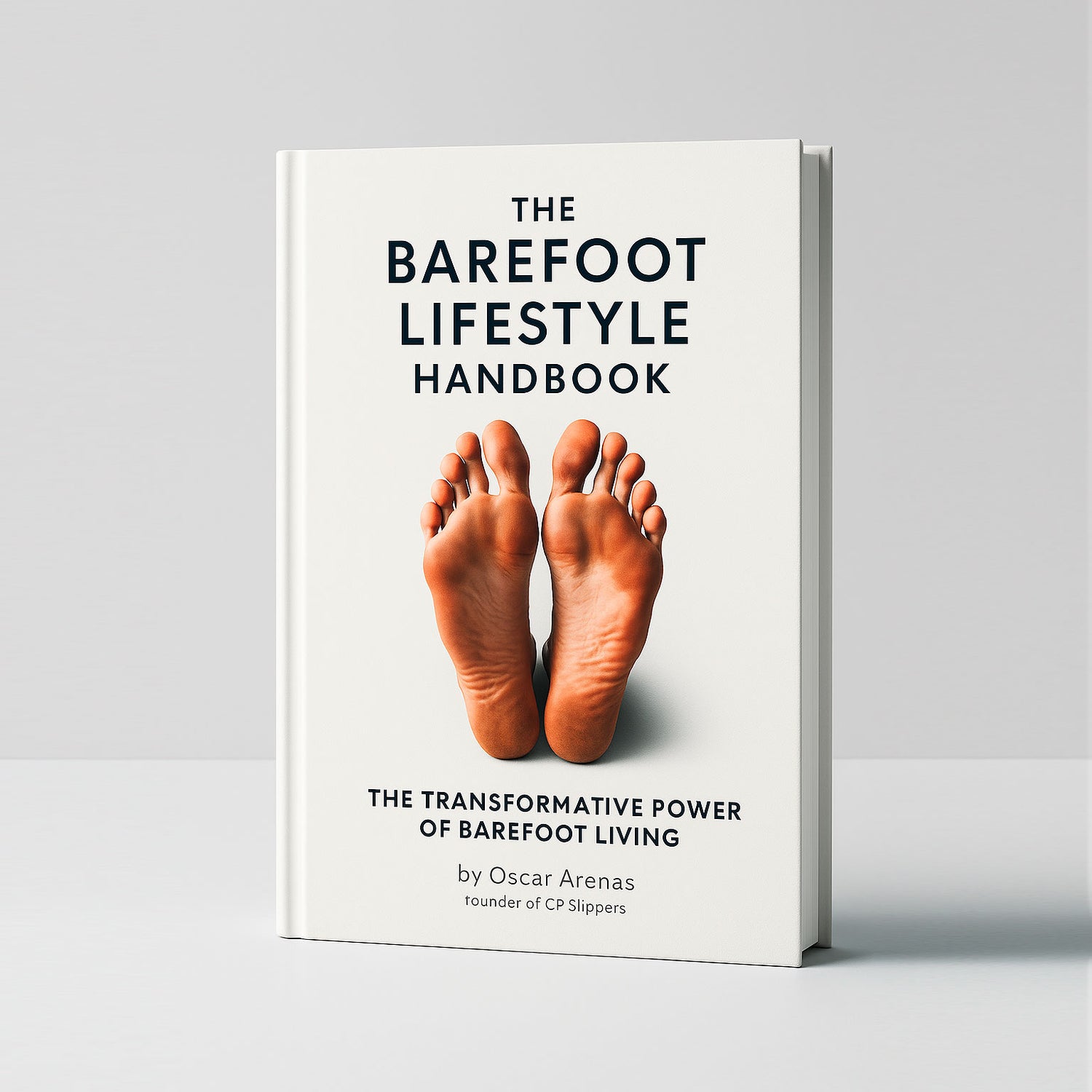
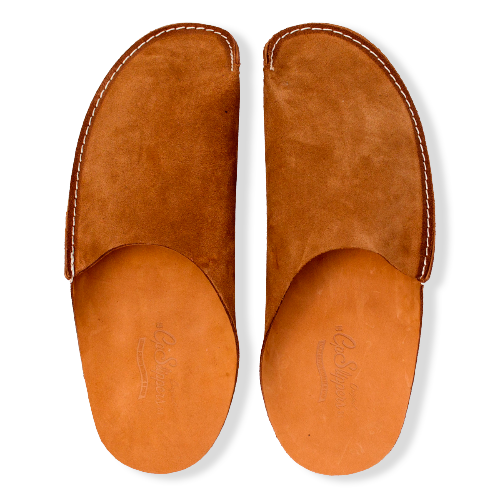
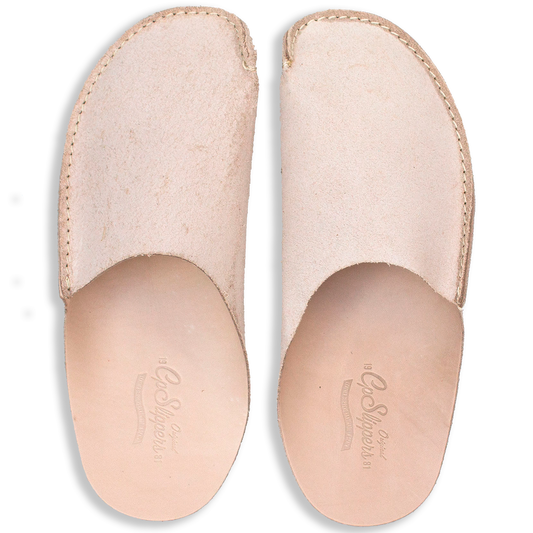
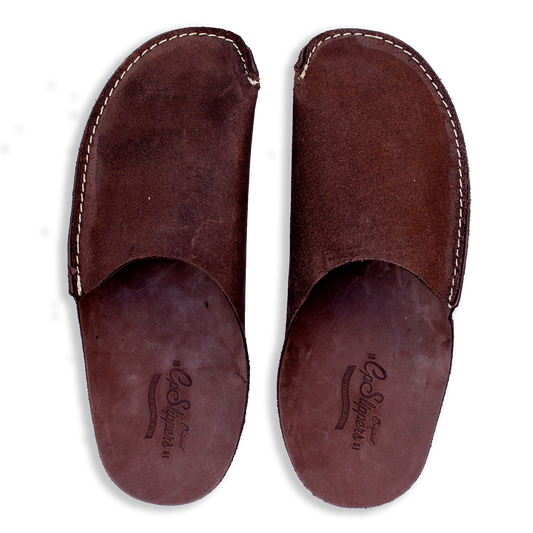
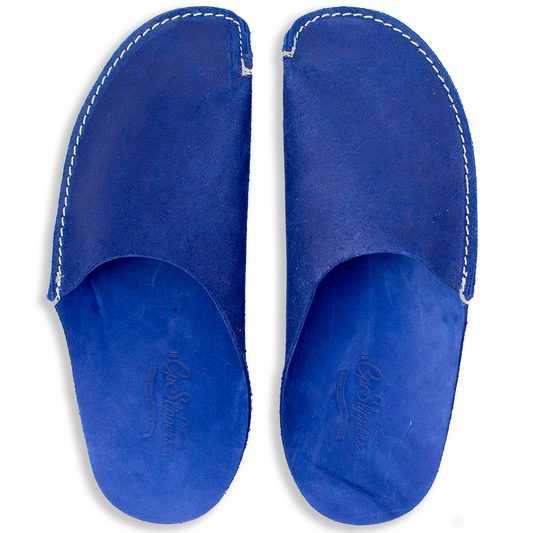
1 comment
In my feet I think this is a permanently pain so what can I do please suggest